Andrew Solomon
A free daily email with the biggest news stories of the day – and the best features from TheWeek.com
You are now subscribed
Your newsletter sign-up was successful
Andrew Solomon, author of The Noonday Demon: An Atlas of Depression (Scribner, $28), a 2001 National Book Award finalist, chooses his favorite books.
Remembrance of Things Past by Marcel Proust (Knopf, $64). With each reading I discover new materials, new deceptions, and a richness beyond all previous hopes. While self-obsession and social narrative can drive me around the bend, I find that in Proust I get swept up in the endless self-examination of the narrator; I am particularly compelled by his delicious nostalgia.
Civilization and Its Discontents by Sigmund Freud (W.W. Norton, $9). This volume contains the clearest explanation of the real difficulty of life—reconciliation of the personal and the social. Freud reveals the mechanisms of the mind with a calm brilliance that shines no less brightly for all the recent attacks on psychoanalysis.
The Week
Escape your echo chamber. Get the facts behind the news, plus analysis from multiple perspectives.

Sign up for The Week's Free Newsletters
From our morning news briefing to a weekly Good News Newsletter, get the best of The Week delivered directly to your inbox.
From our morning news briefing to a weekly Good News Newsletter, get the best of The Week delivered directly to your inbox.
Learn to Wear Orchids by Kathleen and Jean Shepard (out of print). I found this in a secondhand bookseller’s shop when I was about 20, and I bought it entirely for its title. It’s a ridiculous little story about a dowdy language teacher who makes herself over into a glamorous seductress—but it’s written with all the charm and certainty of the world between the wars.
Rootabaga Stories by Carl Sandburg (Harcourt Brace, $7). This grossly underappreciated collection is, in my view, the best of all children’s books. It’s wildly imaginative, gently moral, and quintessentially American, both in its diction and in a certain rough-hewn but kindly common sense. It was read to me by my father, so rereading it always carries me back to a very happy stage when I was more innocent than I knew.
War and Peace by Leo Tolstoy (Viking Press, $14). I find reading Tolstoy a giddy experience: You are plunged headfirst into a reality that seems stronger and clearer than actual experience. If I could write like anyone, I’d want to write like Tolstoy—to have that vernacular of veracity that seems to strip characters to their purest essences. To read this book is to learn a great deal about both the violent and kind impulses of man.
Jacob’s Room by Virginia Woolf (Penguin USA, $10). It’s hard to choose one Virginia Woolf book, since she is, of all writers, the one who most clearly articulates the world as I live in and perceive it, and from whose work I draw the most acute comfort. The particular sadness of Jacob’s Room reminds me of times when life has taken me away from myself.
A free daily email with the biggest news stories of the day – and the best features from TheWeek.com
-
 How the FCC’s ‘equal time’ rule works
How the FCC’s ‘equal time’ rule worksIn the Spotlight The law is at the heart of the Colbert-CBS conflict
-
 What is the endgame in the DHS shutdown?
What is the endgame in the DHS shutdown?Today’s Big Question Democrats want to rein in ICE’s immigration crackdown
-
 ‘Poor time management isn’t just an inconvenience’
‘Poor time management isn’t just an inconvenience’Instant Opinion Opinion, comment and editorials of the day
-
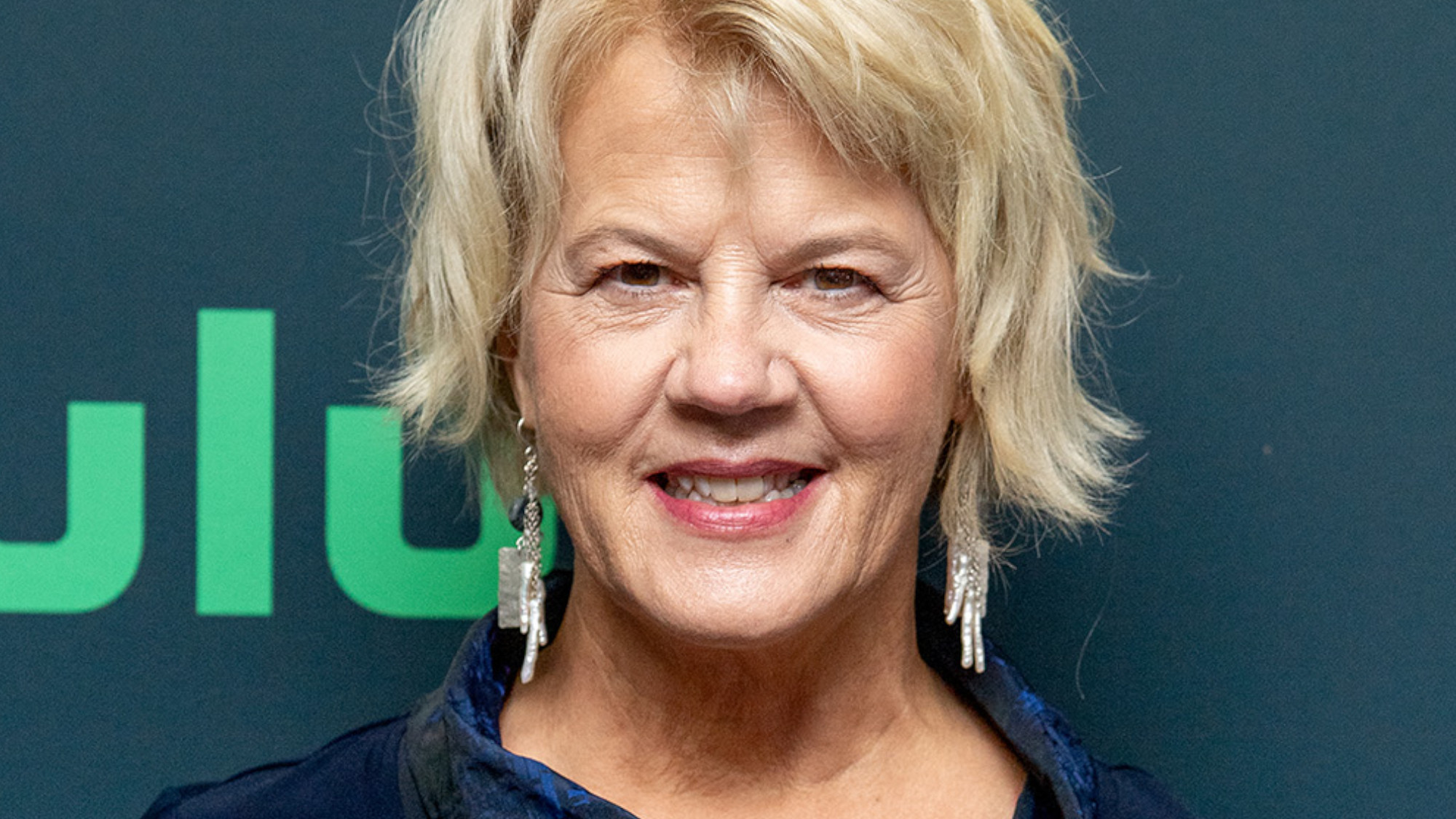 Beth Macy’s 6 favorite books about living in a divided nation
Beth Macy’s 6 favorite books about living in a divided nationFeature The journalist recommends works by Nicholas Buccola, Matthew Desmond, and more
-
 Gilbert King’s 6 favorite books about the search for justice
Gilbert King’s 6 favorite books about the search for justiceFeature The journalist recommends works by Bryan Stevenson, David Grann, and more
-
 Nathan Harris’ 6 favorite books that turn adventures into revelations
Nathan Harris’ 6 favorite books that turn adventures into revelationsFeature The author recommends works by Kazuo Ishiguro, Ian McGuire, and more
-
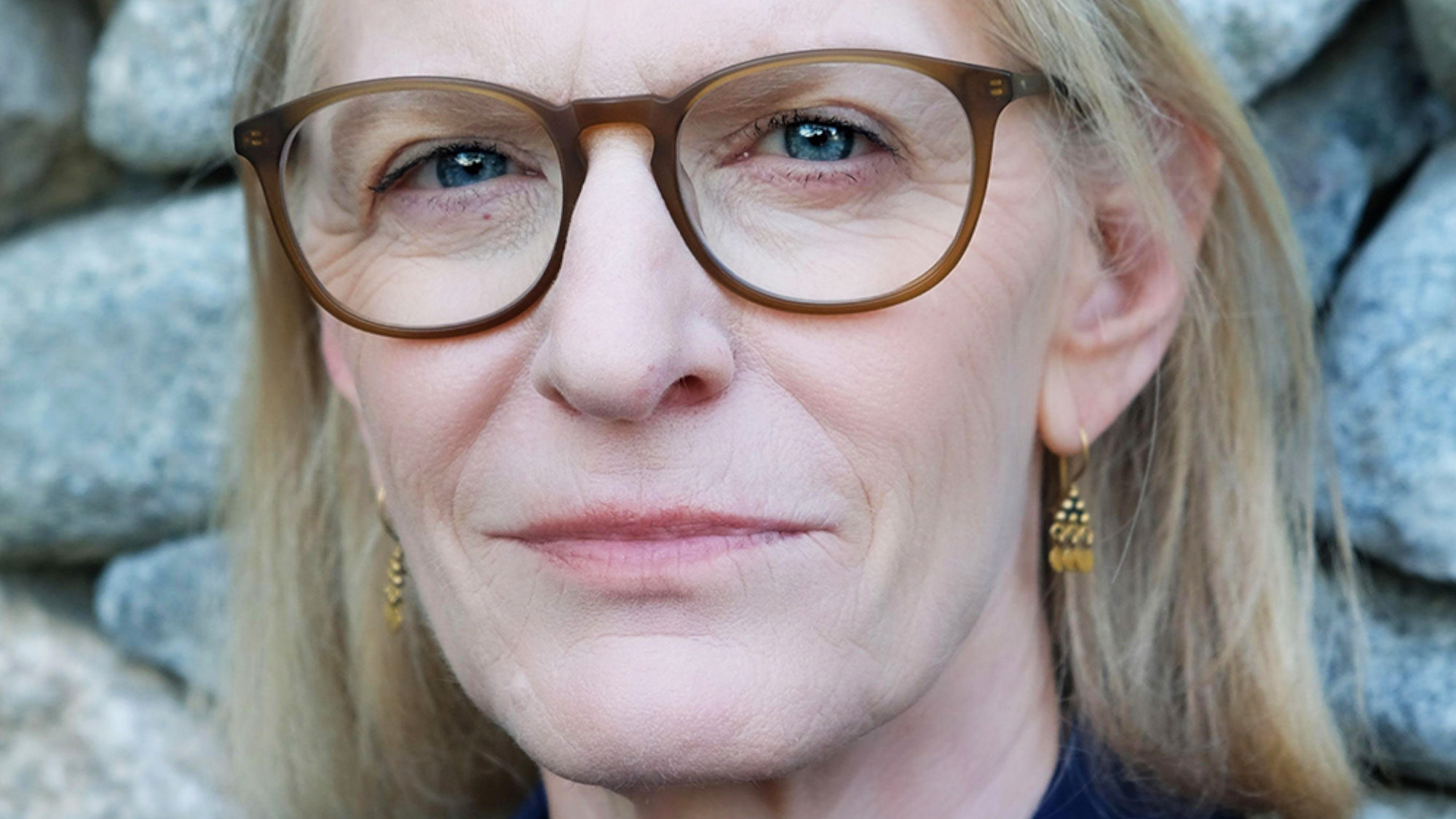 Marisa Silver’s 6 favorite books that capture a lifetime
Marisa Silver’s 6 favorite books that capture a lifetimeFeature The author recommends works by John Williams, Ian McEwan, and more
-
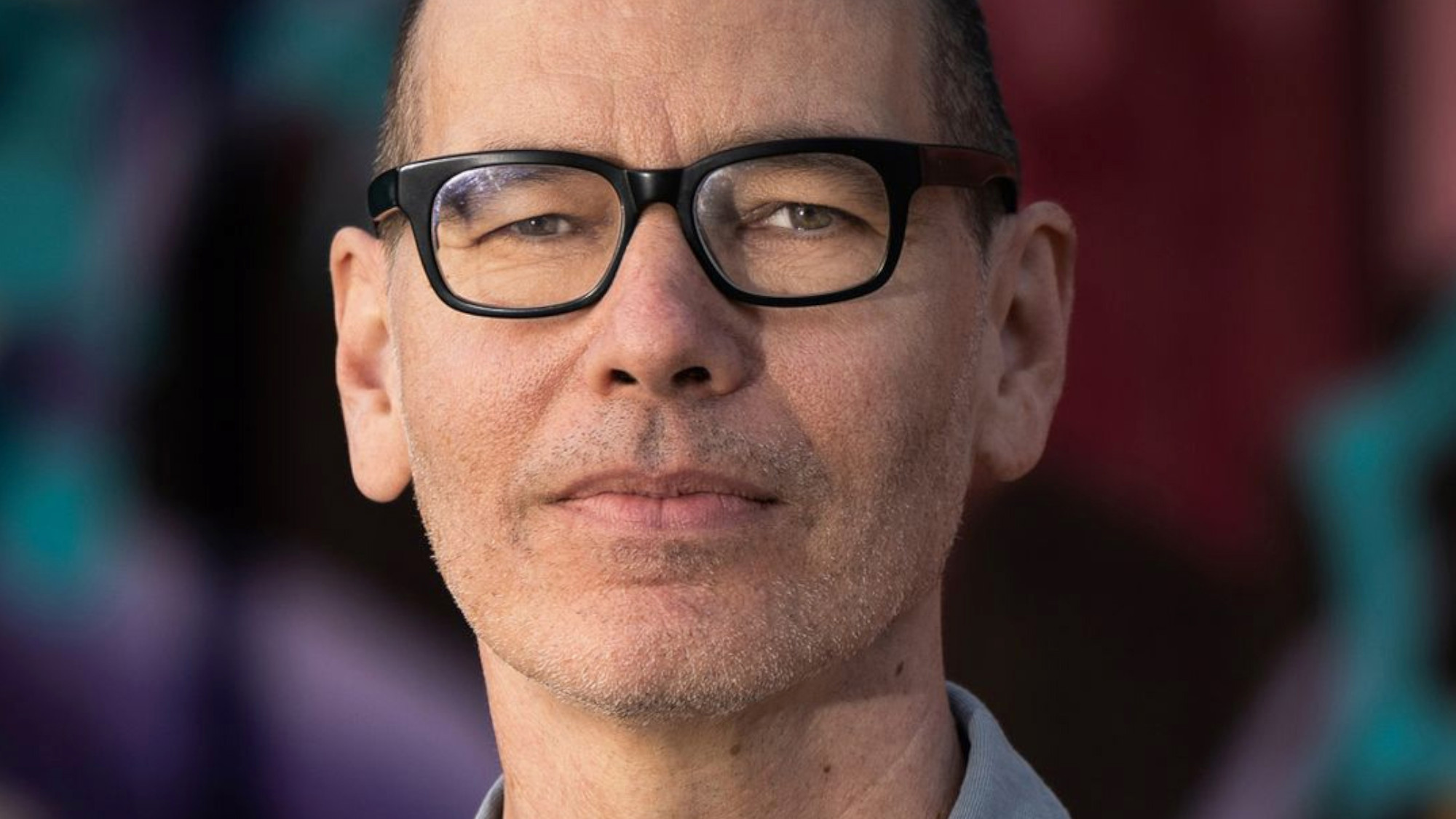 Lou Berney’s 6 favorite books with powerful storytelling
Lou Berney’s 6 favorite books with powerful storytellingFeature The award-winning author recommends works by Dorothy B. Hughes, James McBride, and more
-
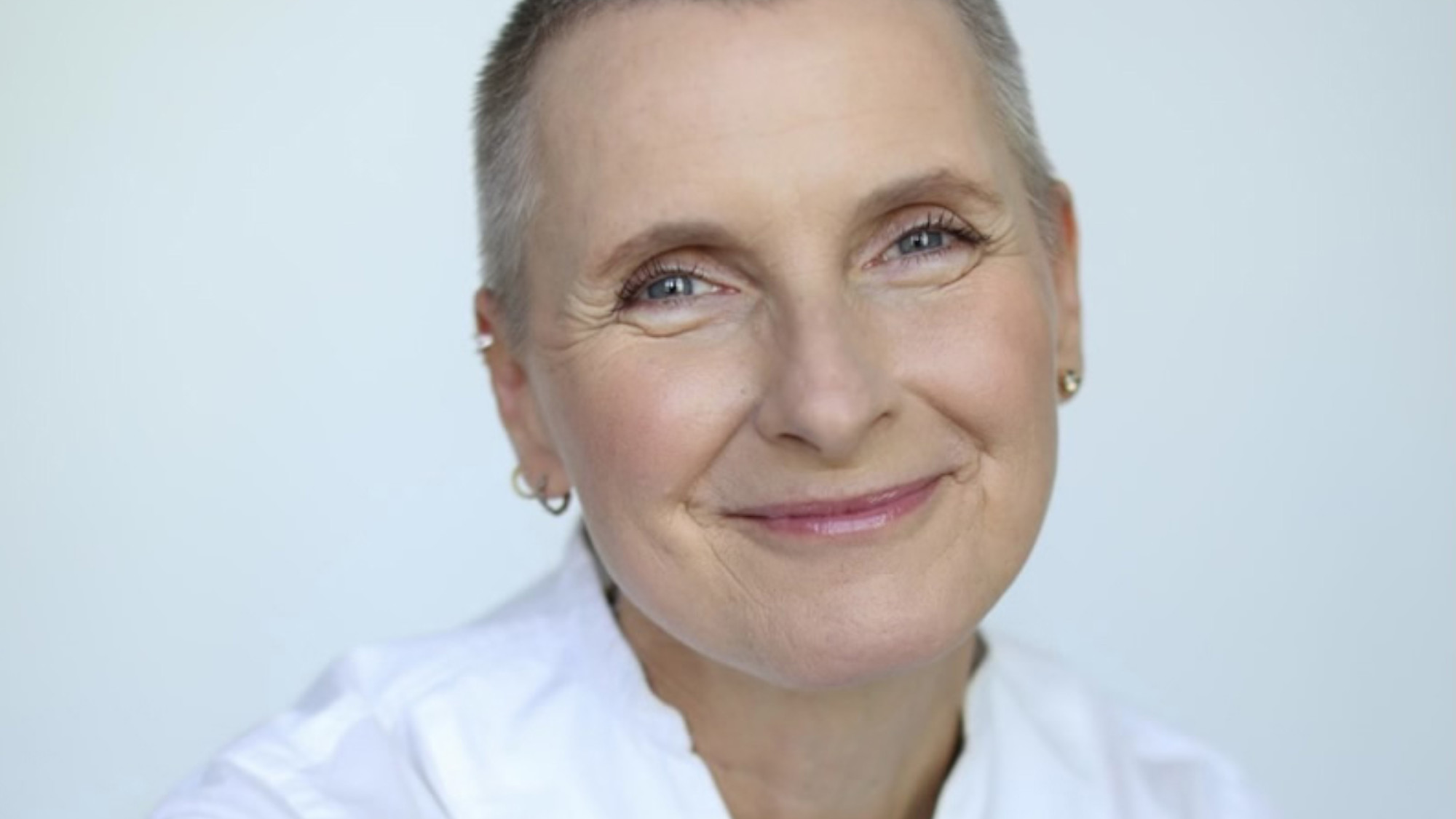 Elizabeth Gilbert’s favorite books about women overcoming difficulties
Elizabeth Gilbert’s favorite books about women overcoming difficultiesFeature The author recommends works by Tove Jansson, Lauren Groff, and more
-
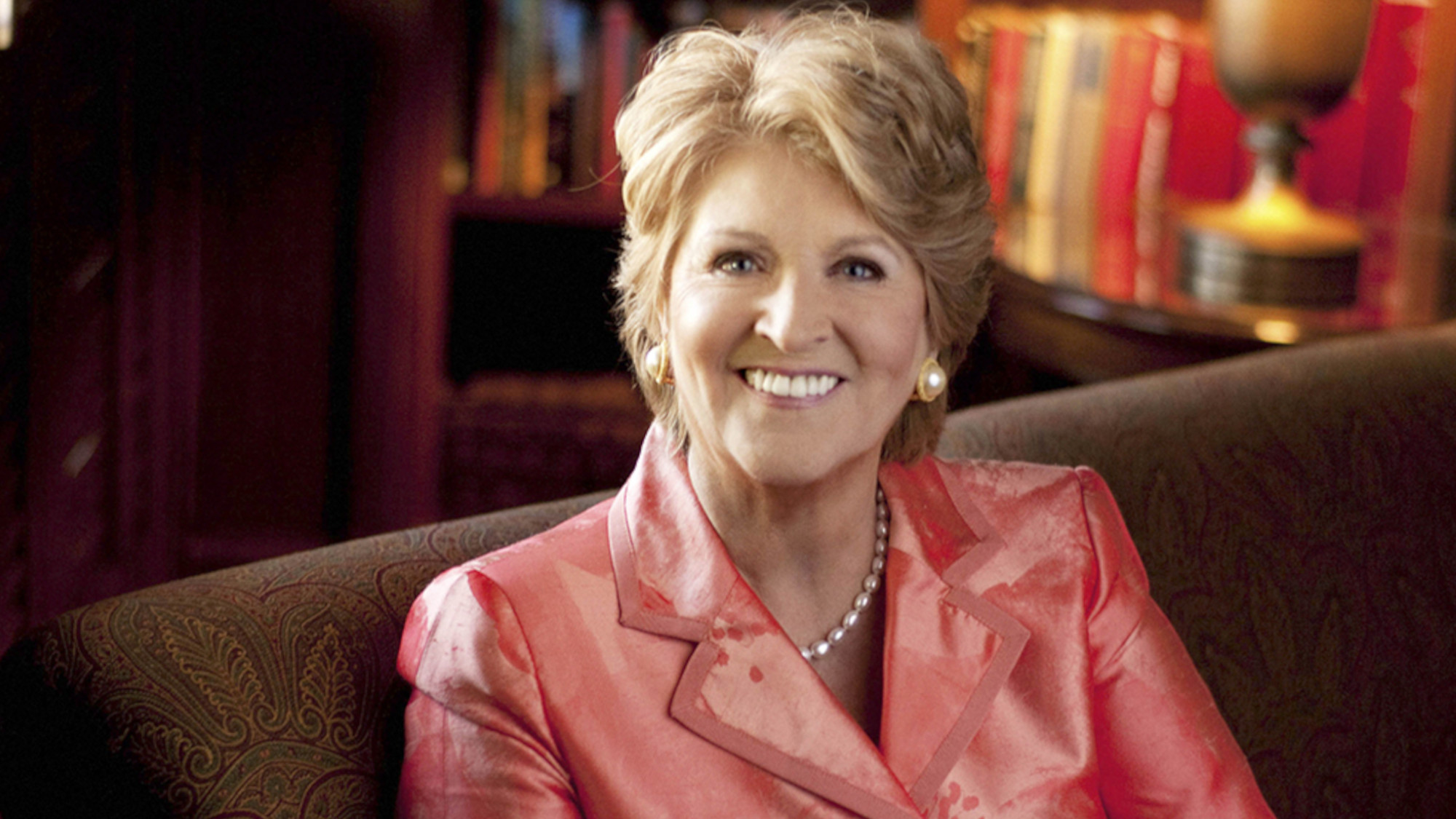 Fannie Flagg’s 6 favorite books that sparked her imagination
Fannie Flagg’s 6 favorite books that sparked her imaginationFeature The author recommends works by Johanna Spyri, John Steinbeck, and more
-
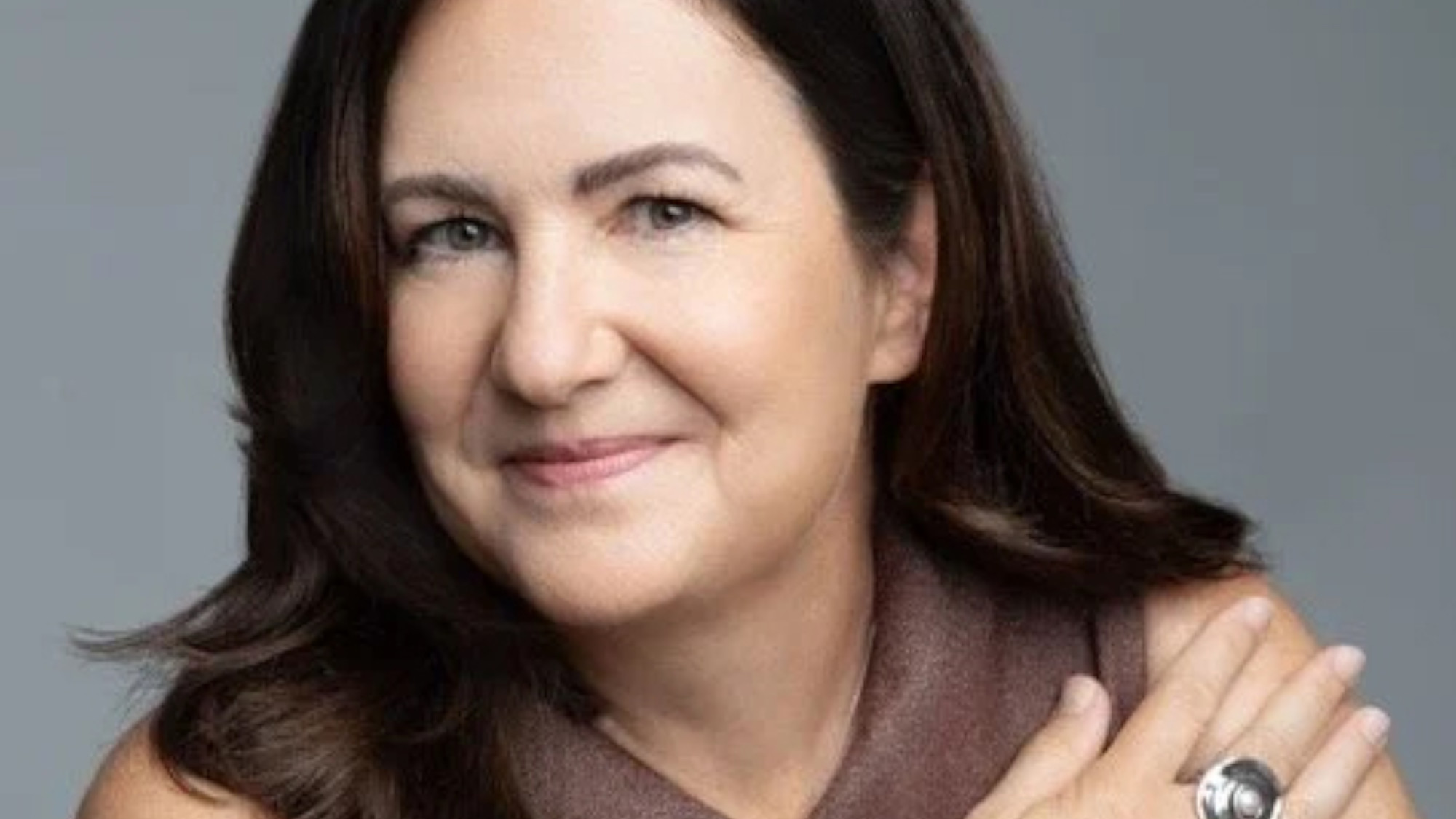 Jessica Francis Kane's 6 favorite books that prove less is more
Jessica Francis Kane's 6 favorite books that prove less is moreFeature The author recommends works by Penelope Fitzgerald, Marie-Helene Bertino, and more